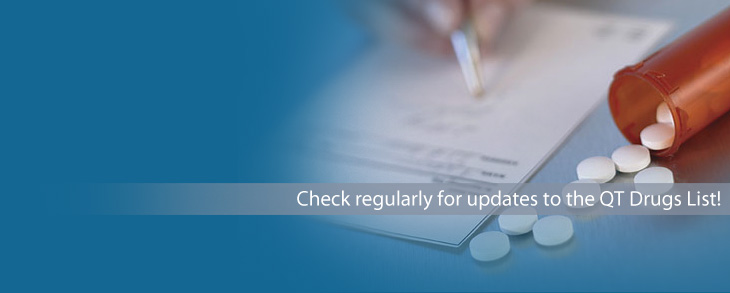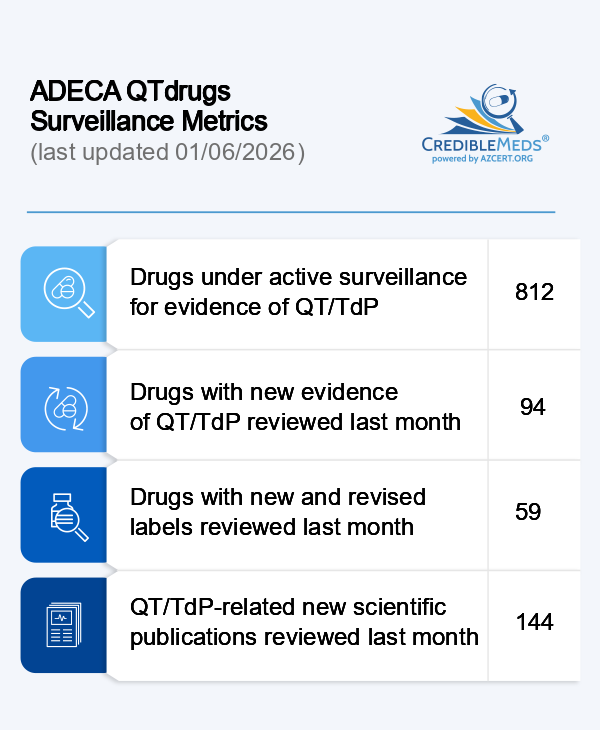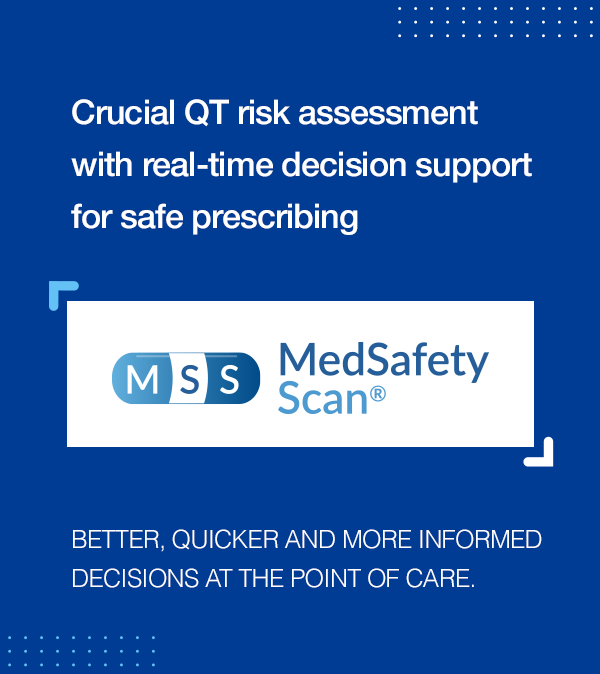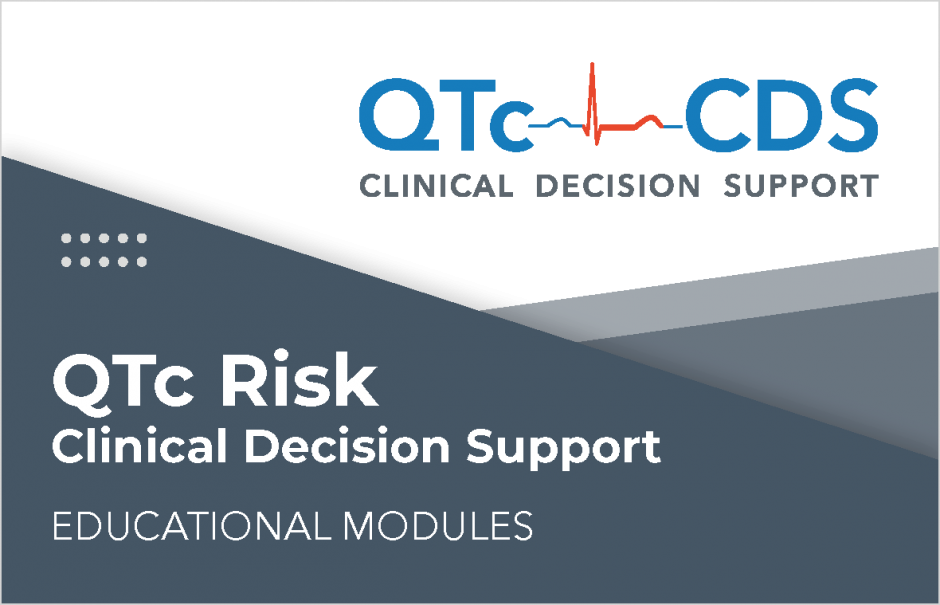New! Nature Reviews of Cardiology invited Dr. Raymond L. Woosley and Dr. Klaus Romero to author an article, assessing cardiovascular drug safety for clinical decision-making which appears in Volume 10 of the Cardiology Review. You can read their article by visiting the Nature Review website here.
Assessing cardiovascular drug safety for clinical decision-making
Nature Reviews Cardiology 10, 330-337 (Volume Publication Date June 2013)
First published online as a Review in Advance on April 16, 2013
DOI: doi:10.1038/nrcardio.2013.57
Abstract | Optimal therapeutic decision-making requires integration of patient-specific and therapyspecific information at the point of care, particularly when treating patients with complex cardiovascular conditions. The formidable task for the prescriber is to synthesize information about all therapeutic options and match the best treatment with the characteristics of the individual patient. Computerized decision support systems have been developed with the goal of integrating such information and presenting the acceptable therapeutic options on the basis of their effectiveness, often with limited consideration of their safety for a specific patient. Assessing the safety of therapies relative to each patient is difficult, and sometimes impossible, because the evidence required to make such an assessment is either imperfect or does not exist. In addition, many of the alerts sent to prescribers by decision-support systems are not perceived as credible, and ‘alert fatigue’ causes warnings to be ignored putting patients at risk of harm. The CredibleMeds.org and BrugadaDrugs.org websites are prototypes for evidence-based sources of safety information that rank drugs for their risk of a specific form of drug toxicity—in these cases, drug-induced arrhythmias. Broad incorporation of this type of information in electronic prescribing algorithms and clinical decision support could speed the evolution of safe personalized medicine.
Full article located here.











